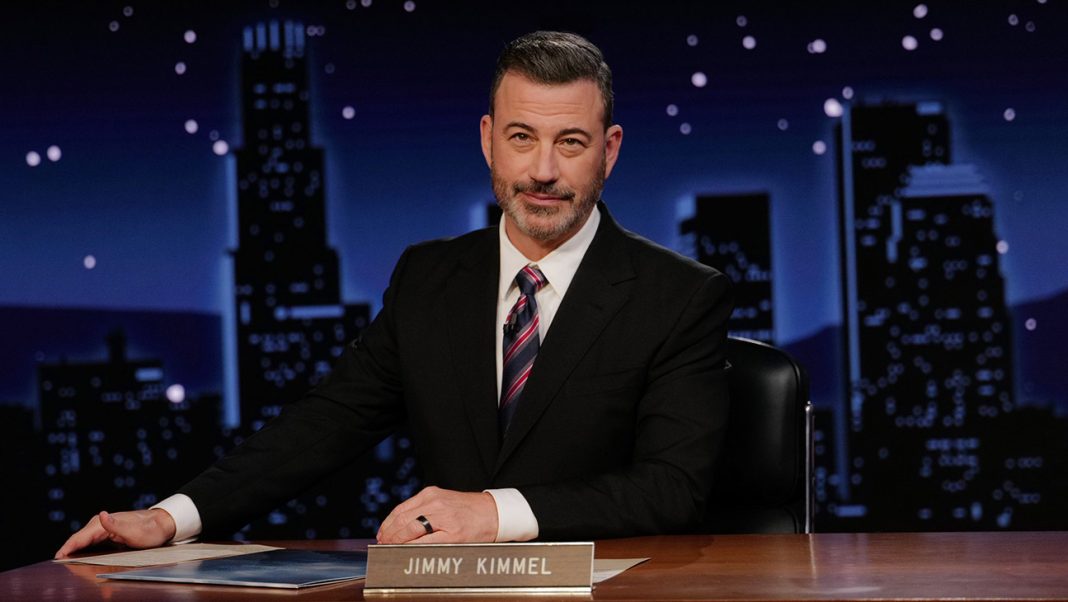Sometimes, the entertainment world throws a curveball so unexpected, it makes you pause and wonder about the hidden currents beneath the surface. We’ve all seen celebrity controversies, but rarely do they ripple out to directly impact the subscription numbers of colossal streaming giants. Yet, that’s precisely what seems to have unfolded recently, as reports indicate a significant and rather dramatic surge in Disney+ and Hulu cancellations, coincidentally, right after the news broke about Jimmy Kimmel’s suspension.
The Late-Night Shockwave and Its Aftermath
The entertainment landscape was abuzz with speculation when news emerged of Jimmy Kimmel’s sudden suspension. Details remained somewhat opaque, but the impact was anything but. Almost immediately, social media lit up with reactions, a mix of outrage, confusion, and support for the veteran late-night host. What followed, however, sent a different kind of shockwave through the industry: a reported doubling of subscription cancellations for Disney+ and Hulu, two platforms intrinsically linked to Kimmel’s network home.
It’s an unprecedented scenario. While viewers often express strong opinions, rarely do those sentiments translate so quickly and dramatically into a mass exodus from major streaming services. This wasn’t just a slight dip; the numbers pointed to a substantial, almost immediate, rejection of the platforms by a segment of their audience. The question on everyone’s mind became: was this a direct protest, or did Kimmel’s situation merely act as a catalyst for deeper frustrations?
More Than Just a Talk Show Host: Understanding the Viewer Reaction
To attribute such a significant spike in cancellations solely to a single personality’s temporary absence might seem an oversimplification. Yet, the timing is undeniable. This suggests a powerful connection between a beloved or polarizing figure and the perceived values or decisions of the parent company. For many, Jimmy Kimmel isn’t just a comedian; he’s a nightly ritual, a voice, and for some, an indicator of the network’s stance on broader issues.
The surge in cancellations could be interpreted in multiple ways. Perhaps a dedicated portion of his viewership felt a sense of betrayal or disapproval of the network’s decision, choosing to hit the cancel button as a direct form of protest. Or, it might be that for a segment of subscribers already feeling the pinch of multiple monthly subscriptions, or perhaps growing disillusioned with content offerings, the Kimmel situation provided the ultimate push. As one long-time viewer shared online, “I’ve been a Disney+ subscriber for years, mostly for the Marvel content, but honestly, seeing how they handled the Kimmel situation just felt… off. It made me re-evaluate what I’m paying for, and ultimately, it was enough for me to finally hit cancel on both Hulu and Disney+.” This sentiment echoes a broader trend: viewers are becoming increasingly discerning and vocal with their wallets.
What This Means for Streaming and Celebrity Influence
This incident shines a harsh spotlight on the delicate balance between corporate decisions, audience loyalty, and the immense influence of individual personalities. In an era where streaming services are constantly vying for attention and retention, the power of a single host, even one who doesn’t directly create content for those specific platforms, can have a surprising ripple effect. It reminds us that our viewing habits are often intertwined with our perceptions of brands, values, and the people we invite into our homes (via our screens) each night.
The reported doubling of cancellations serves as a stark reminder that subscriber loyalty isn’t just about content libraries and price points. It’s also deeply personal, influenced by public relations, perceived fairness, and the connection viewers feel to the talent associated with a media conglomerate. The entertainment world is constantly evolving, and this recent episode suggests that the human element – be it outrage, solidarity, or simple re-evaluation – remains one of its most potent and unpredictable forces.




